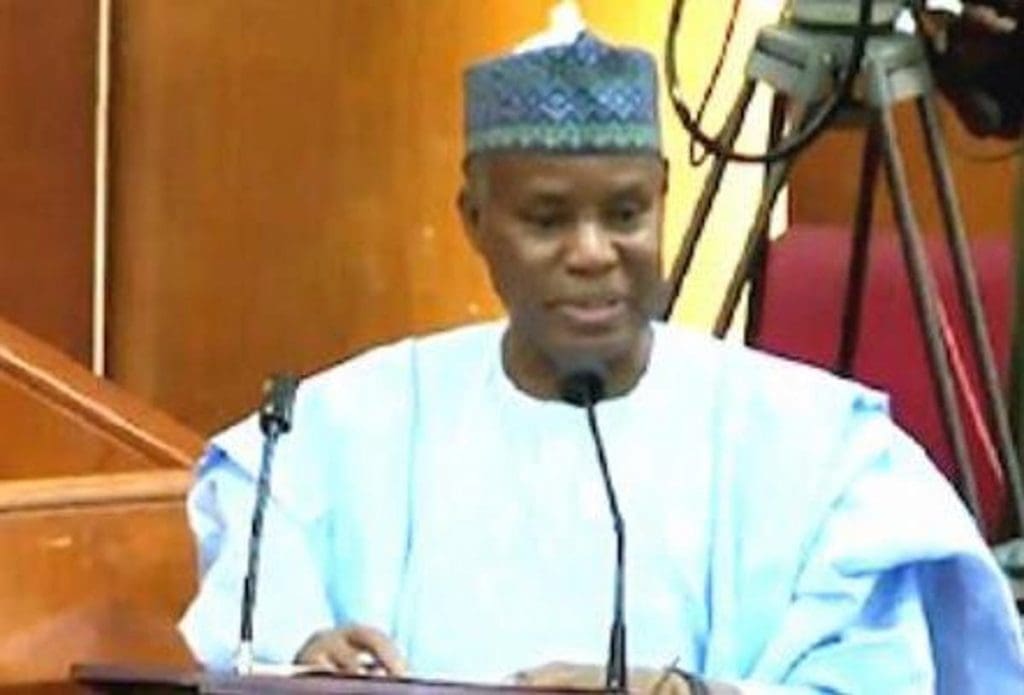Nigeria’s Minister of Defence, Major General Bashir Magashi (retired) has warned of the consequences of the death of the former Chadian President, Idris Deby, who died on April 20, on Chad and the sub-region.
Speaking at the special weekly ministerial briefing in Abuja on Thursday, Magashi admitted that there would be trouble if insecurity in Chad escalates.
According to him, if there’s no security in Chad there will be a lot of trouble for all neighbouring countries.
“When we heard of this unfortunate killing of the Chadian President, we knew that problem is bound to be replicated among neigbouring countries and Nigeria will be most hit by his absence.
“If there is insecurity in Chad, there will be a lot of problems.
“But thank God, we have a lot of military activities with Chad, Niger, Cameroun, we have all that military concern,” he said.
He added that the Federal Government is not unmindful of the threats of proliferation of weapons that may arise and a possible influx of refugees in consequence, thus security around the borders of the nation have been heightened.
On the worsening state of insecurity in Nigeria, the Minister said that the West African nation “is bleeding”.
He, however, assured that the Nigerian government has adopted strategies that will ensure that tactically, all political opponents, ethnic and religious enemies of the country are eliminated.
“This is the only way we can obtain the objectives of protecting our country from internal and external threats, but also provide a conducive environment in which aspiration of human security, national progress and development will be realised.
“Make no mistake that our nation is bleeding now.
“It is bleeding because self-interests, underlined decisions by quite a number of our elites have made. They are quick to attribute blames to groups other than theirs.
“The whole idea is to exploit the social division for their political gains,” local media reports quoted the minister as saying.
The Minister also confirmed the recent arrest of Boko Haram sponsors in Kano state in northern Nigeria.
GIK/APA


